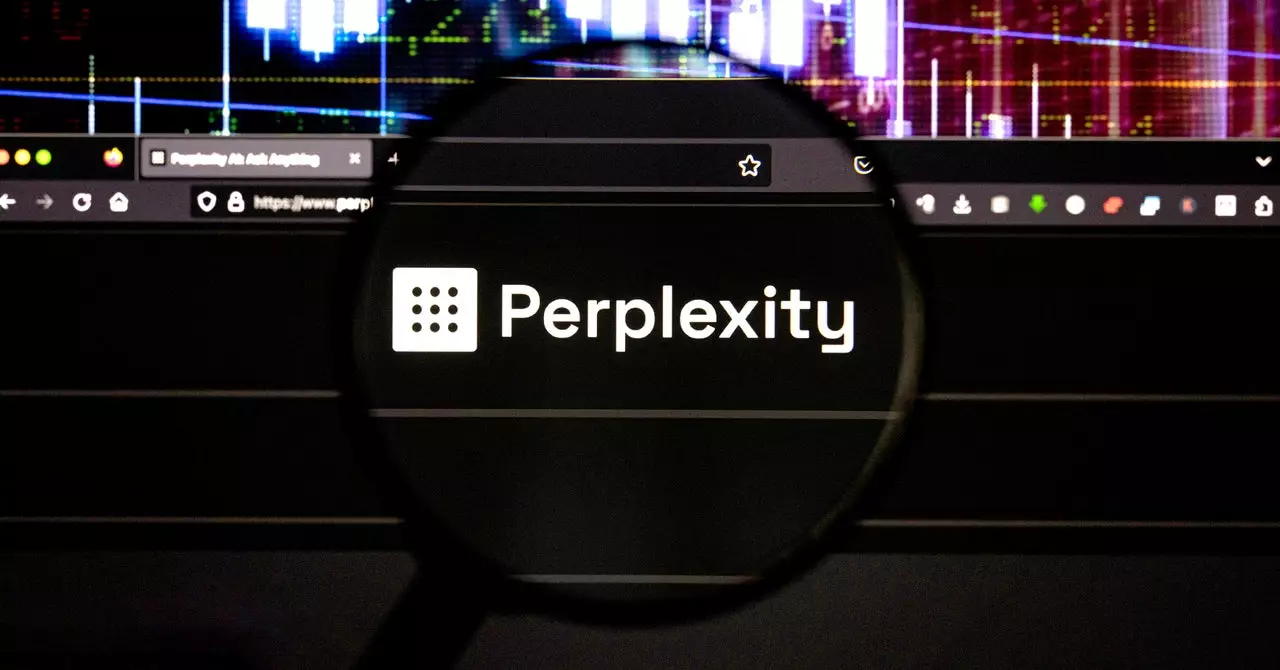Recently, Amazon’s cloud division initiated an investigation into Perplexity AI, a startup known for its AI search capabilities. The issue at hand pertains to whether Perplexity AI has been violating Amazon Web Services rules by scraping websites that have explicitly tried to prevent such actions. This investigation was confirmed by an AWS spokesperson who chose to remain anonymous. Perplexity AI, which boasts backing from the Jeff Bezos family fund and Nvidia and has a valuation of $3 billion, seems to rely heavily on content obtained from scraped websites that have put measures in place to prevent such actions.
One of the primary concerns raised in this investigation is the violation of the Robots Exclusion Protocol. This protocol, a long-standing web standard, involves the placement of a plaintext file (e.g., wired.com/robots.txt) on a domain to specify which pages should not be accessed by automated bots and crawlers. While this protocol is not legally binding, it is generally respected in the tech community. Perplexity AI’s actions appear to disregard this protocol, raising ethical questions about their practices. According to the Amazon spokesperson, AWS customers are expected to adhere to the robots.txt standard when crawling websites, emphasizing the importance of compliance with terms of service and applicable laws.
In a report by Forbes, Perplexity AI was accused of stealing content, including at least one article. Further investigations revealed evidence of scraping abuse and plagiarism linked to Perplexity’s AI-powered search chatbot. Engineers at Condé Nast, the parent company of WIRED, took measures to block Perplexity’s crawler across all their websites using a robots.txt file. Despite this, Perplexity managed to gain access to the server through an unpublished IP address, engaging in extensive crawling of websites that explicitly forbid bot access. The IP address has been detected on servers of notable publications like The Guardian, Forbes, and The New York Times, raising concerns about the ethical implications of Perplexity’s practices.
Upon being questioned about the use of AWS infrastructure to scrape websites forbidding such actions, Amazon launched an investigation into the matter. Perplexity’s CEO, Aravind Srinivas, initially responded by claiming misunderstandings regarding the company’s operations. However, when pressed further, Srinivas revealed that the secret IP address observed scraping websites was operated by a third-party company specializing in web crawling and indexing services. Despite citing a nondisclosure agreement, the CEO’s defense raises questions about transparency and accountability in Perplexity AI’s operations.
The investigation into Perplexity AI’s scraping practices sheds light on the ethical considerations surrounding data extraction and content usage. As technology advances, it becomes imperative for companies like Perplexity to uphold standards of integrity and compliance with industry regulations. The role of AWS in monitoring and enforcing such standards is crucial in maintaining ethical standards within the tech community.


Leave a Reply